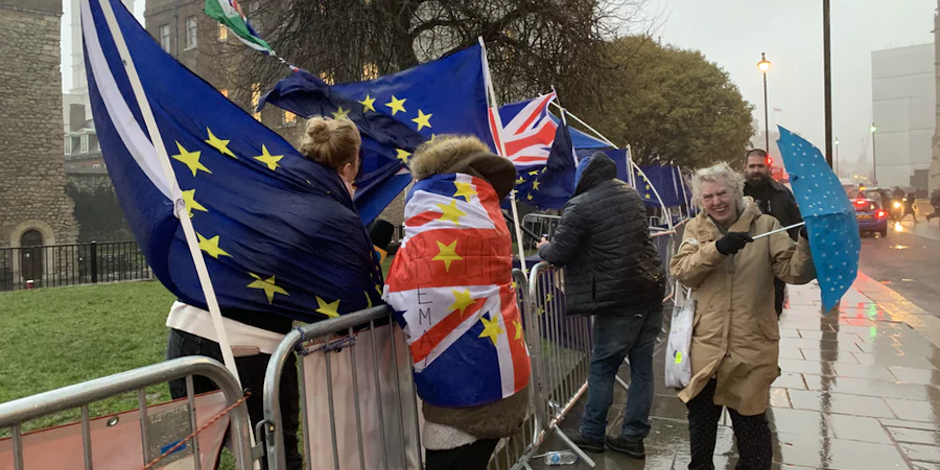
Janus Henderson: "No, no, no, no, no, no, no and no"
Sixteen different potential approaches to Brexit were presented to British MPs this week, eight were voted on Tuesday - none received majority support. The Brexit process remains gridlocked.
29.03.2019 | 04:01 Uhr
Advocates of softer forms of Brexit might take encouragement from the fact that the two most popular solutions were the one involving the UK remaining in a permanent customs union with the EU and another proposing a second referendum on the withdrawal deal. Still, these options did have more votes against them than in favour and it remains the case that a wide range of different outcomes are still plausible, ranging from the hardest “no deal” Brexit, to Theresa May’s proposed plan, softer versions of Brexit or even to Brexit being revoked.
In terms of the parliamentary procedure, the plan from here is for a shorter list of yesterday’s options to be presented to MPs again on Monday, probably with a new voting mechanism, in a renewed effort to establish majority support for one option.
Come on Arlene
Before then, there is a good chance that the Prime Minister will try one more time to get support for her Brexit plan, which has already been rejected twice by Parliament. The prospects here are not encouraging given that the Democratic Unionist Party (DUP), led by Arlene Foster and in Westminster by deputy leader Nigel Dodds, remain opposed to the deal in its current form and the Prime Minister has limited scope to amend it. Parliamentary arithmetic suggests that May’s deal has little chance of being passed without the support of the DUP. Even the Prime Minister’s promise made yesterday to quit if her Brexit plan was voted through was not enough to shift the DUP position.
The clock is ticking and the pressure is building. If Parliament cannot establish support for either Theresa May’s plan or one of the other Brexit options in the days ahead, then the UK will need to request an extended delay to the Brexit process to avoid the alternative “no deal” Brexit on April 12. Before granting a longer extension, the EU is likely to demand that the UK can identify some way of breaking the deadlock. A general election is a growing possibility here, although it is far from obvious why this will be an effective solution given how polarised and entrenched political opinion on Brexit is in the UK. As the eight votes showed last night, it is not hard to get agreement on rejecting options for Brexit but establishing consensus for a way forward remains elusive.




Diesen Beitrag teilen: